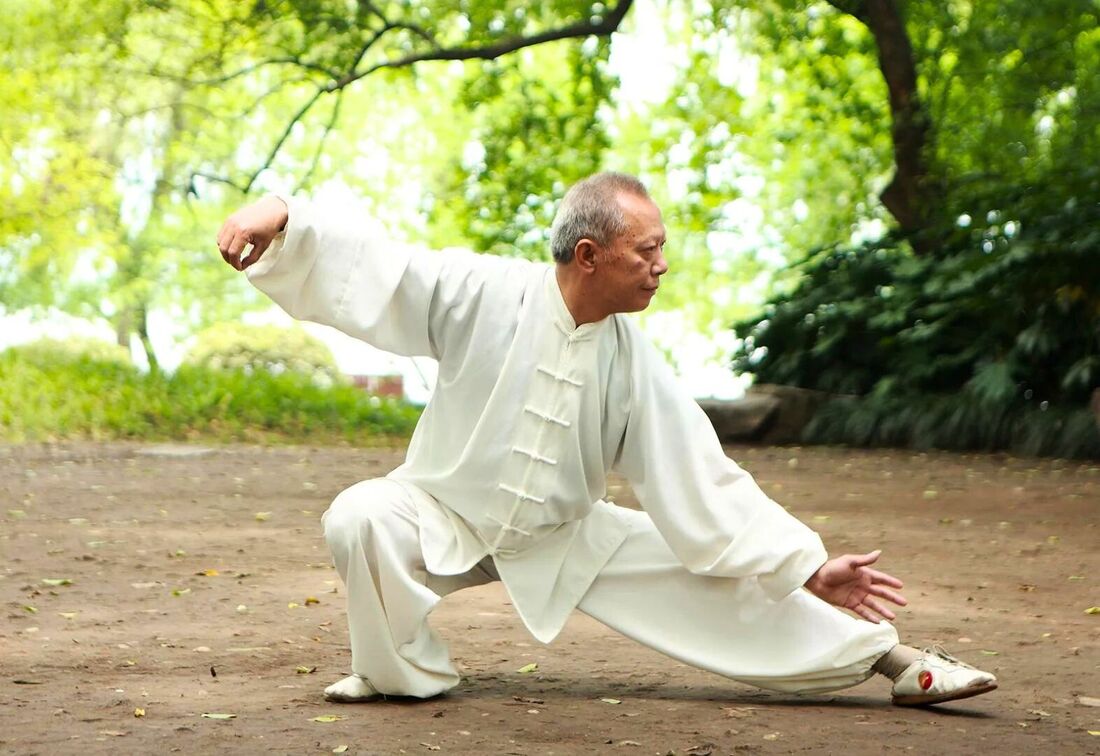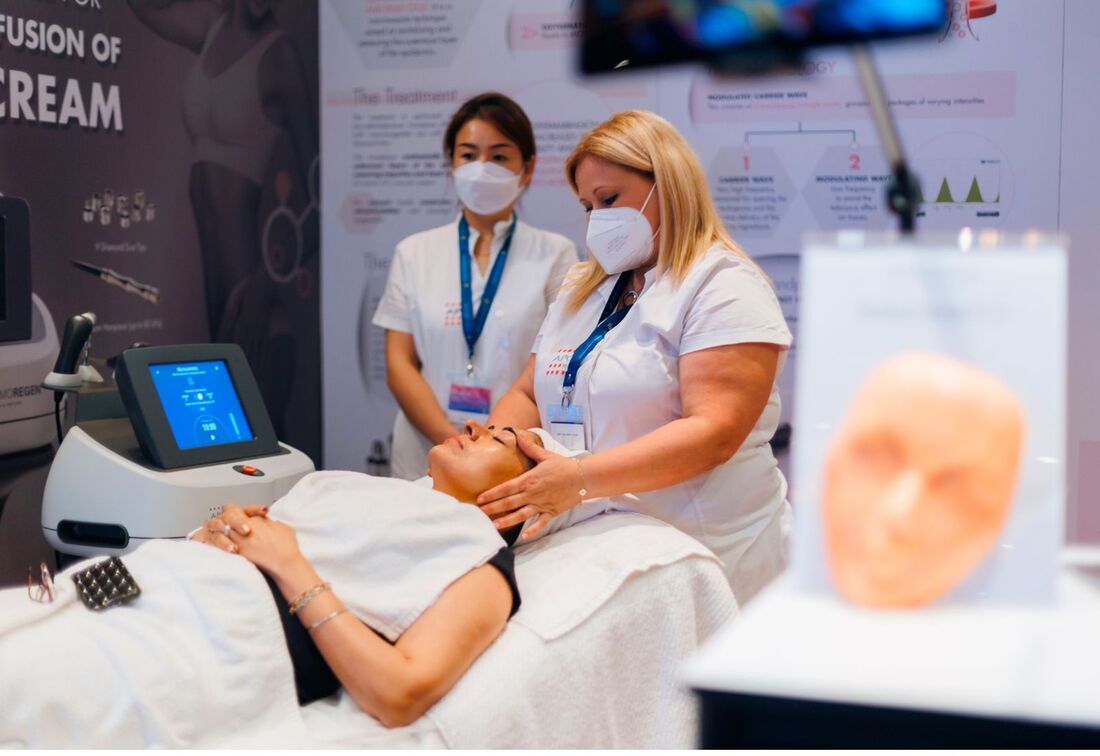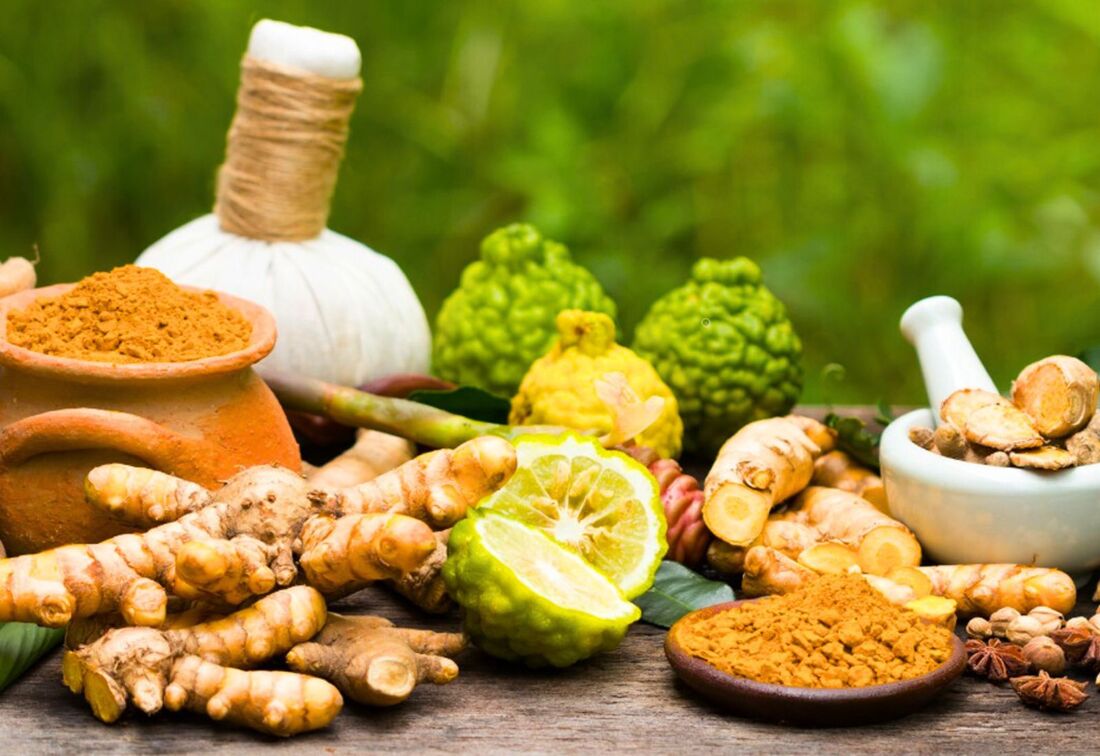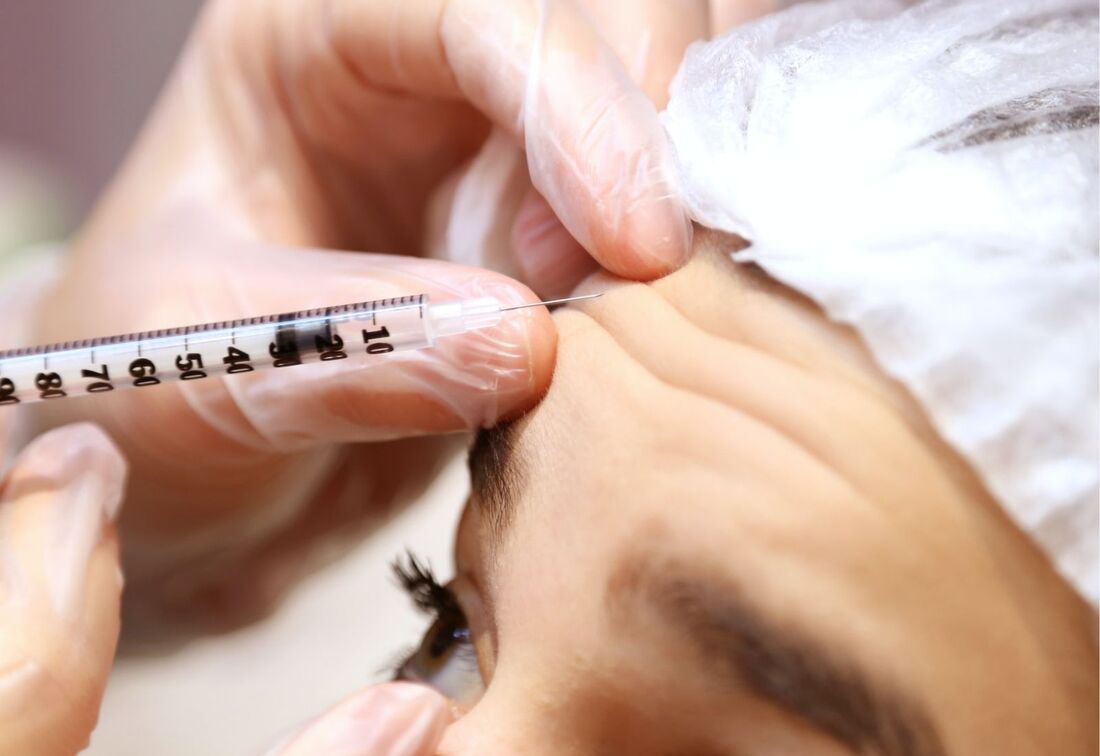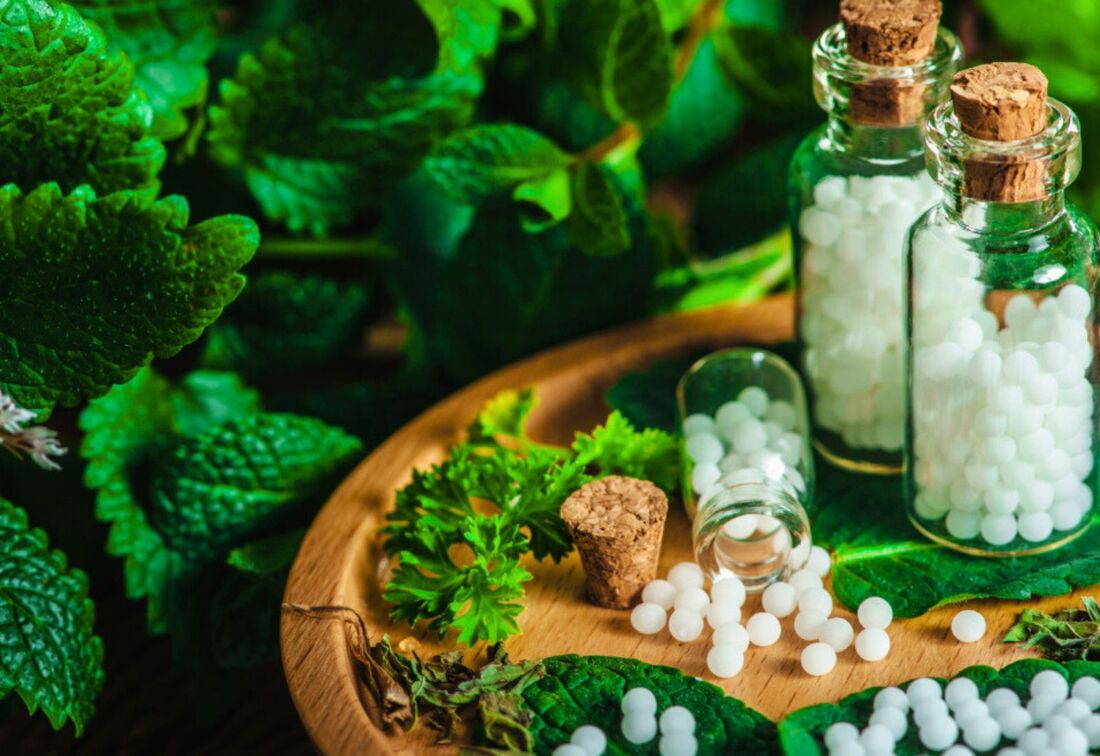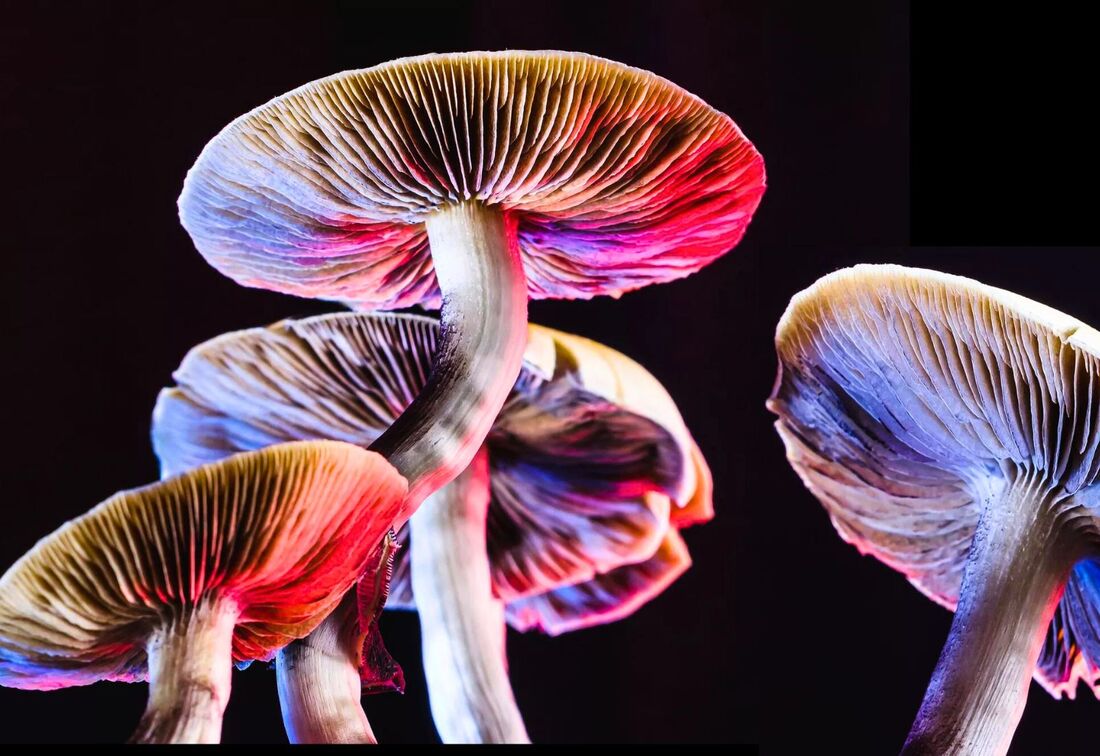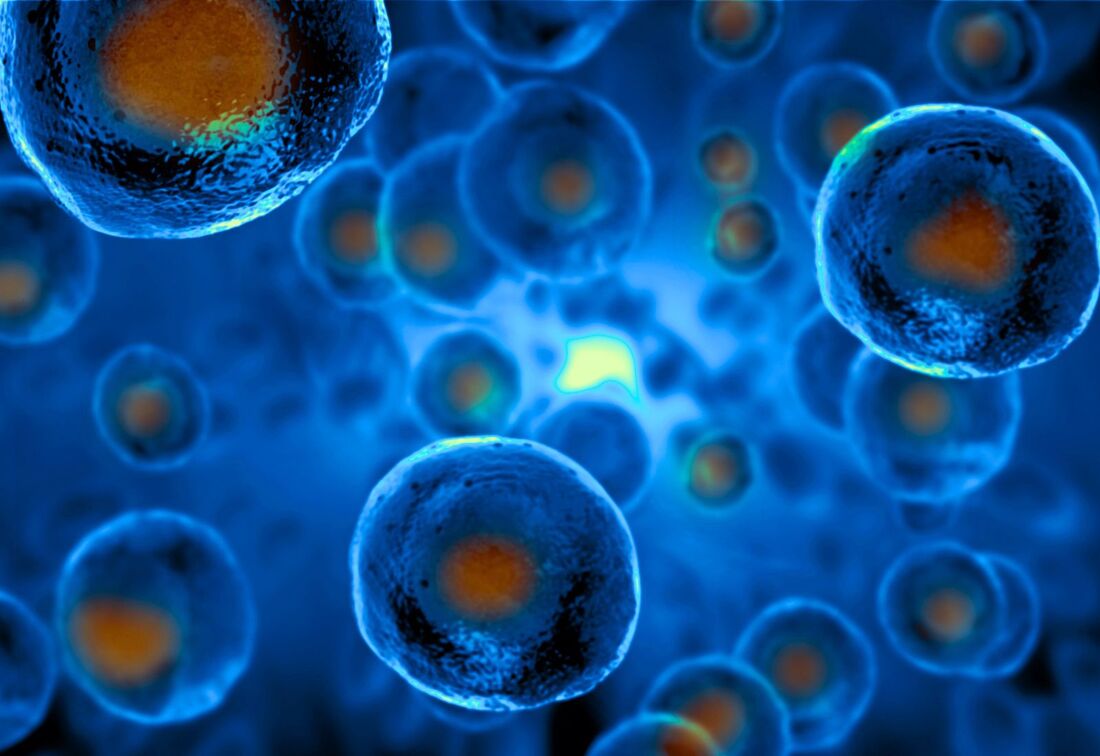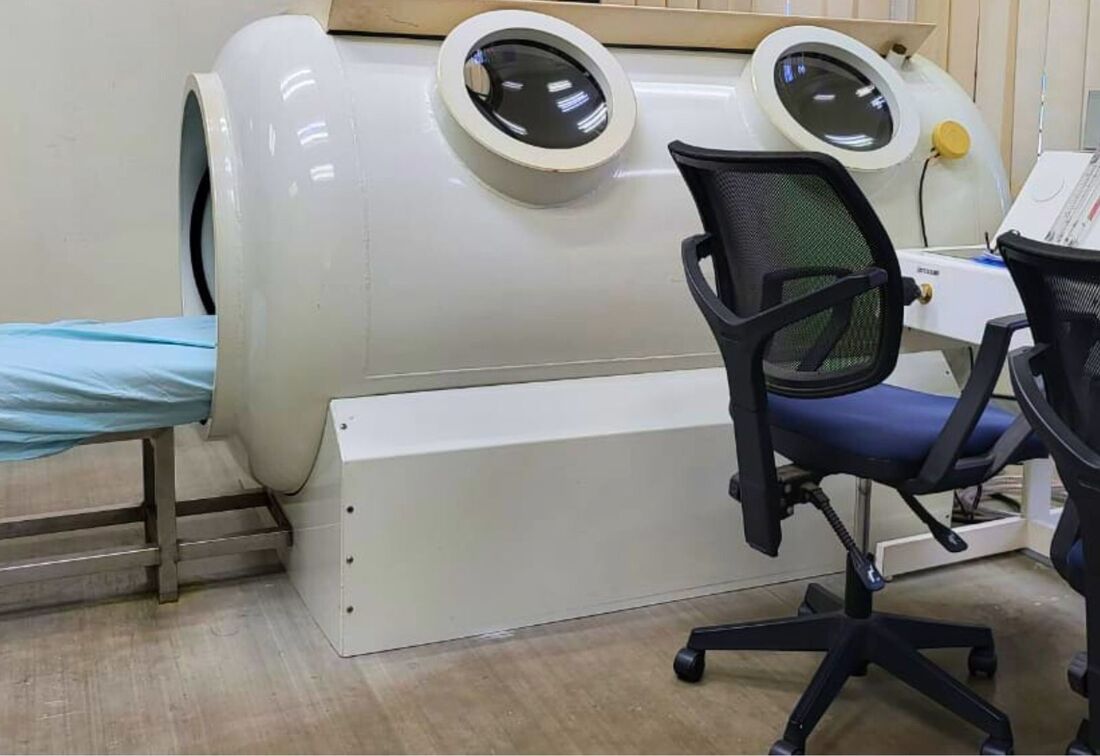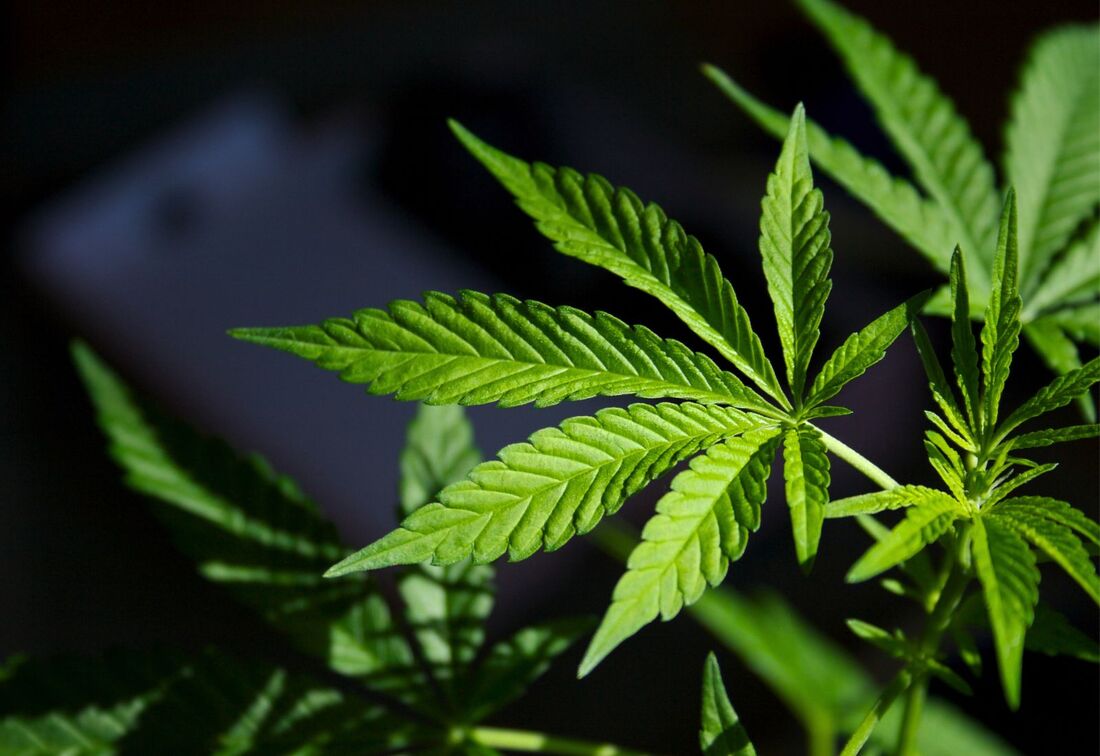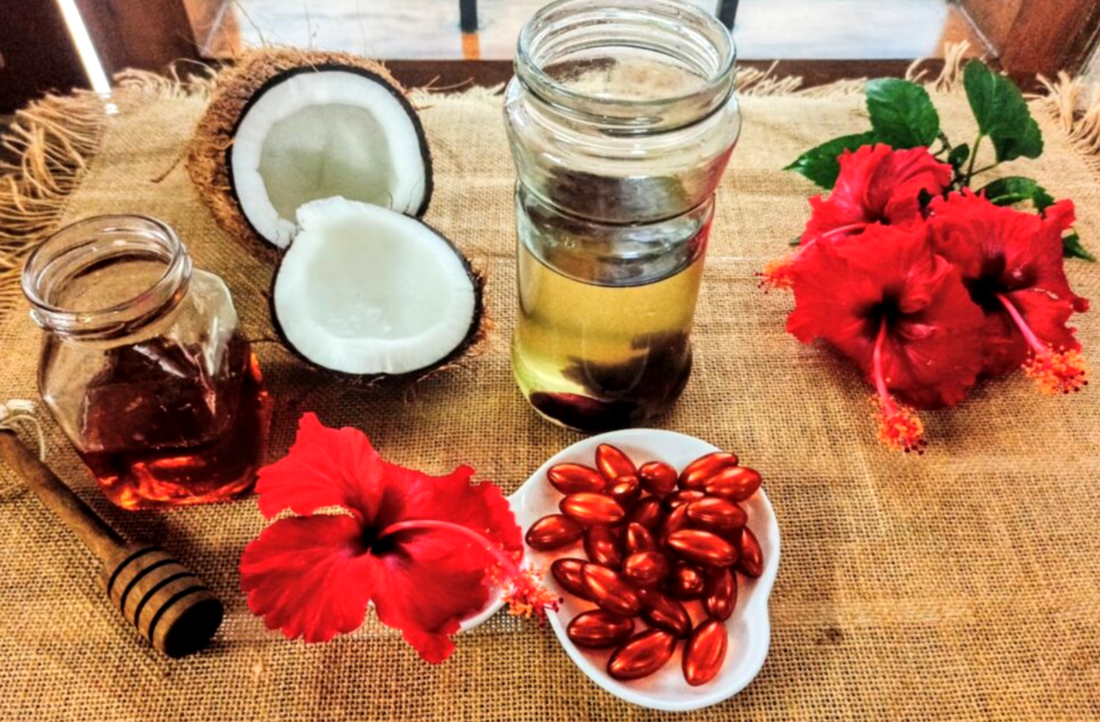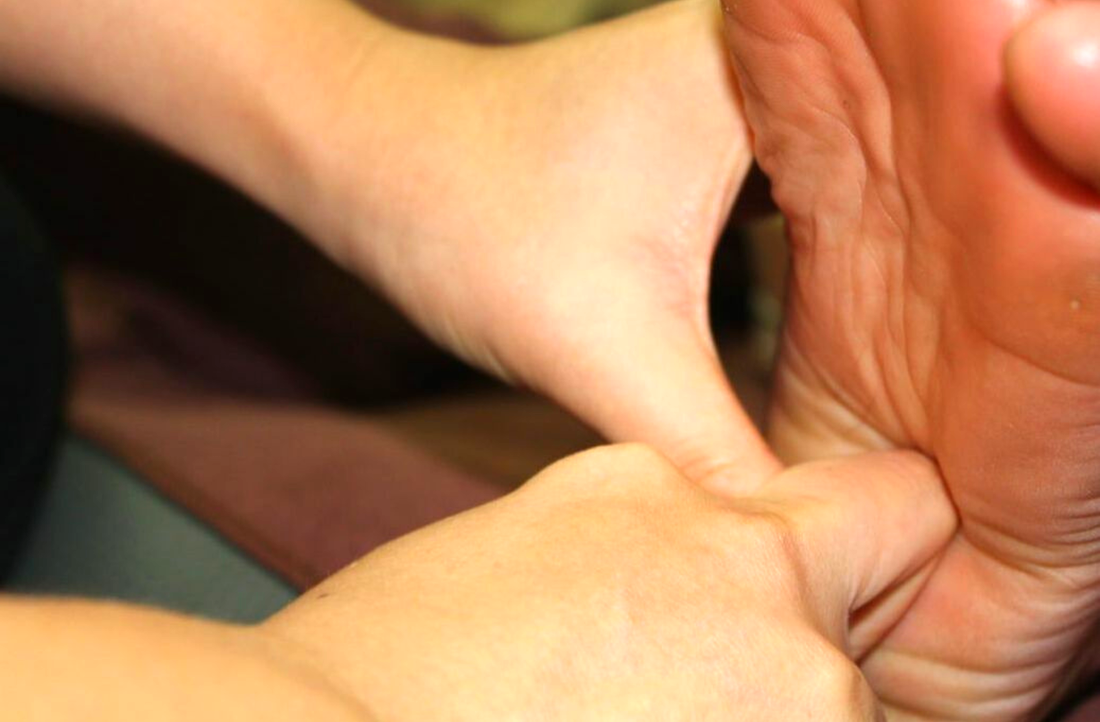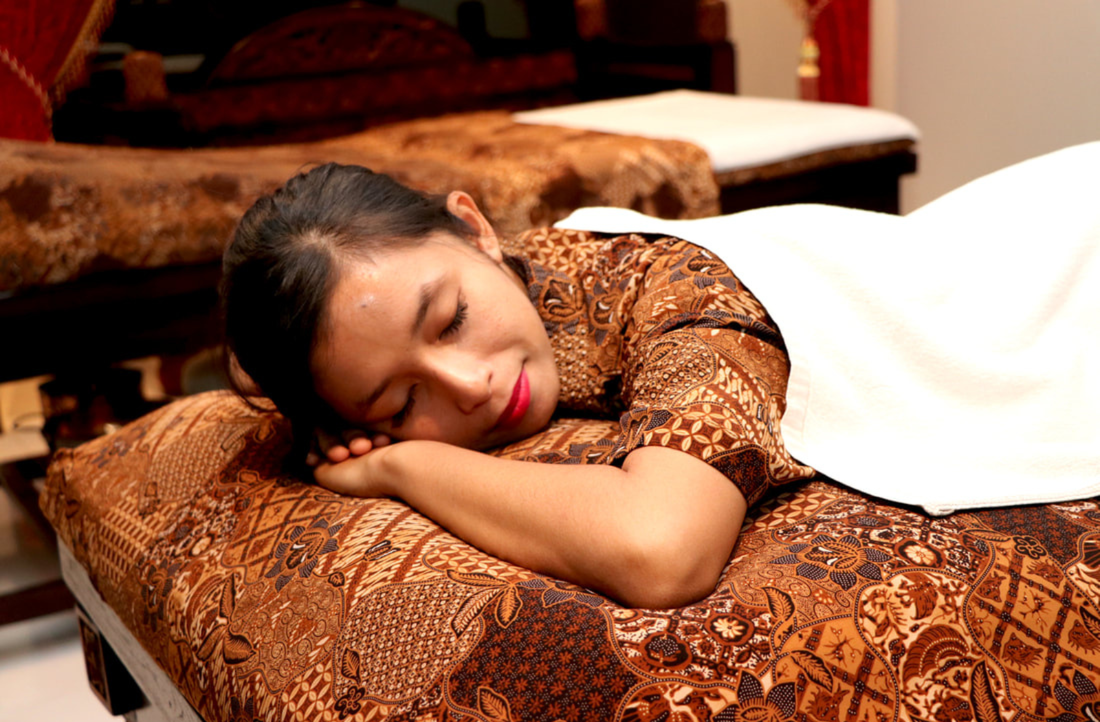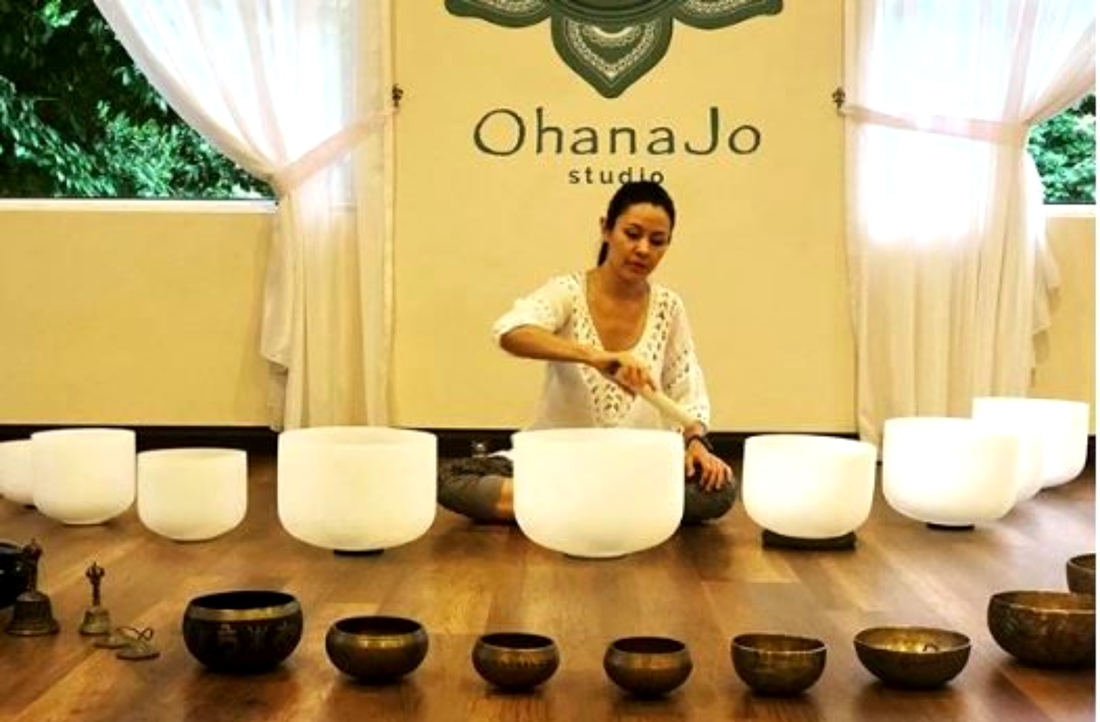EXPLORE FURTHER
Discover the future of medical aesthetics and dermatosurgery in AMSC Malaysia, September 2024Join the leaders in aesthetic medicine, dermatology and surgery at Kuala Lumpur's premier event
|
Exploring the regulatory landscape of health supplements and natural products in MalaysiaA detailed look at trends and compliance
|
Traditional Indian martial arts: A force for health and well-beingThe influence, historical significance, and scientific benefits in the modern era
|
Can Ayurveda offer a solution to gastrointestinal issues in autism?The connection between dysbiosis and gastrointestinal issues in autism
|
The potential and pitfalls of natural products in modern medicineTranslating traditional remedies into scientifically proven treatments.
|
The secrets behind the growing popularity and challenges of aesthetic medicineNavigating the risks, complications, financial success and exit
|
The healing potential of homeopathy in cancer treatmentExploring complementary and alternative approaches to cancer care
|
Stress in autoimmune disorders and the homeopathic approach to treatmentObsessive-compulsive tendencies and procrastination: Key traits linked to autoimmune disorders
|
The renaissance of psychedelics: From ancient rituals to modern medicineUnderstanding the historical context and future potential
|
The intricate world of terpenes: Nature's multifaceted marvelsExploring the roles, uses, and medical potential of terpenes
|
Understanding the link between autism and hypoxiaHow oxygen levels during pregnancy may impact autism risk
|
Human or animal stem cells?The pros and cons of autologous, allogenic, and xenogenic stem cell transplants
|
The critical role of stem cells in longevity medicineExploring the intersection of healthspan and longevity
|
Unlocking the power of hyperbaric oxygen therapyDiscover the therapeutic benefits and future potential of HBOT for healing, cognitive function, and overall well-being
|
Beginner's guide: Four key facts on traditional Chinese medicineIs this age-old traditional treatment still relevant today?
|
Exploring the realm of medical cannabis in Malaysia: Navigating legislation, evidence, and potentialWhat sets apart industrial hemp from medical cannabis?
|

